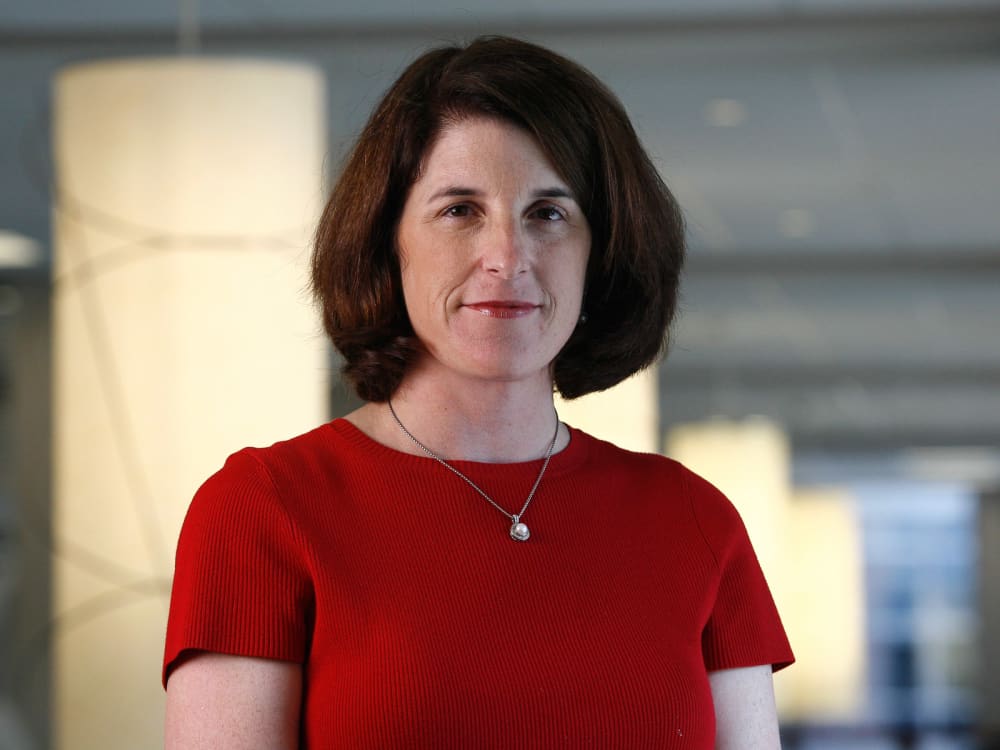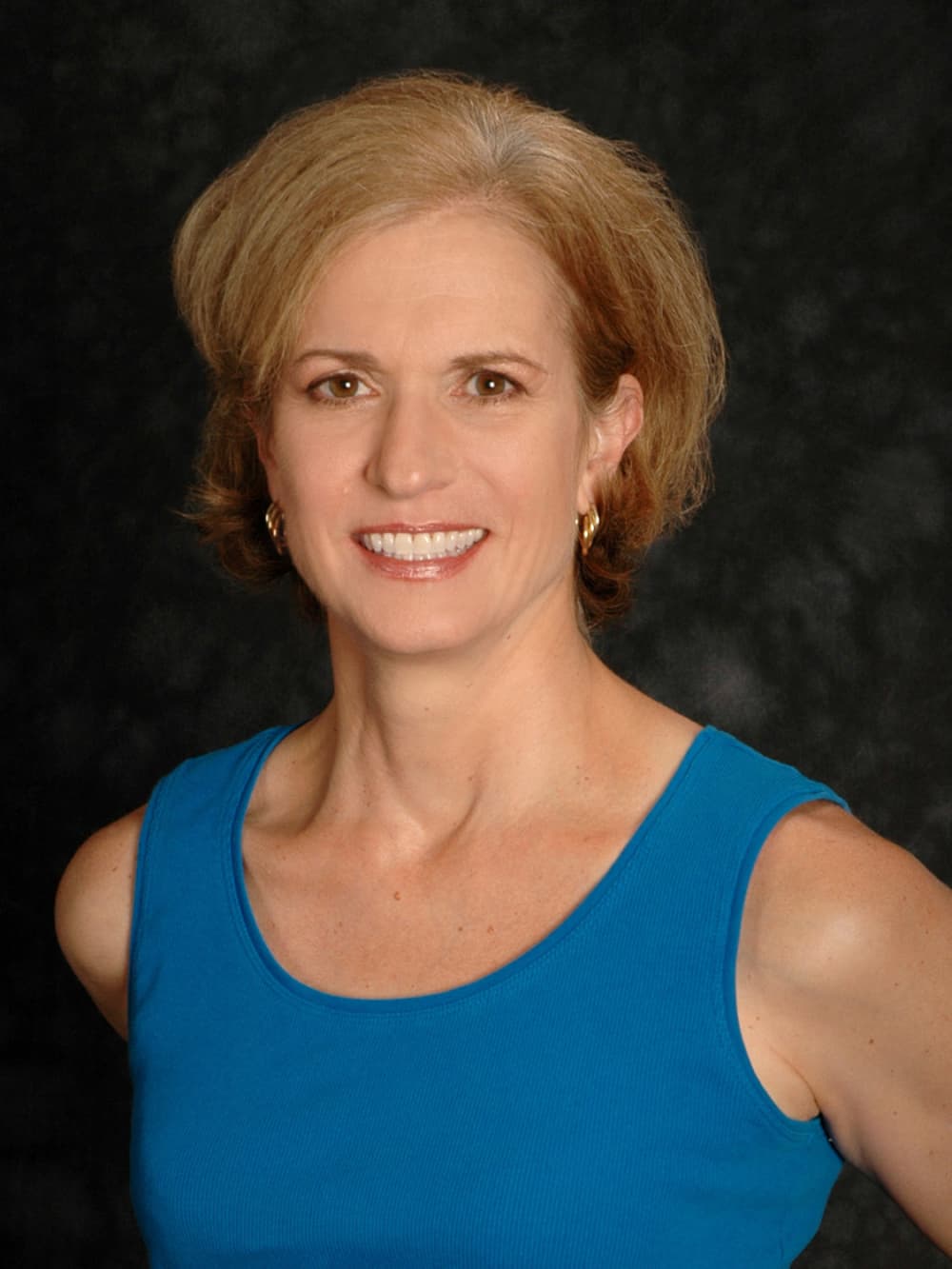Giving new life
When breast cancer & pregnancy collide: New study shows that cancer's childrencan thrive

 Dr. Jennifer LittonPhoto by John Everett
Dr. Jennifer LittonPhoto by John Everett
A cancer diagnosis is confusing and scary under the best circumstances. But when pregnancy enters the mix, everything changes — well, sort of.
According to Dr. Jennifer Litton, associate professor at the Department of Breast Medical Oncology at The University of Texas M.D. Anderson Cancer Center, negotiating pregnancy and cancer just wasn't done when she started in the field 20 years ago.
"I was a medical student in my third year in obstetrics and we had to do a project. I was interested in breast cancer, so I asked the medical school director what we do when a pregnant woman gets cancer. And the answer was that we terminated the pregnancy," Litton says. "I came to Houston to M.D. Anderson and studied under Dr. Richard Theriault, who has championed changing that for over 20 years."
According to Litton, as recently as five years ago it was recommended that pregnant women who were diagnosed with breast cancer terminate their pregnancy, but recent research has given women more options to save their life without sacrificing their child.
"Those who are pregnant are often young and because of pregnancy-related changes in breasts they are generally diagnosed later. They also thought the hormones from the pregnancy were feeding cancer and making it worse," Litton says. "But now we have data from M.D. Anderson, from clinical trials, that chemotherapy is safe for them and works just as well if you're pregnant.
"Those who begin treatment in their second or third trimester do as well or better than other patients. They actually do better with the chemo, with less nausea."
Litton presented the first-ever long-ranging study chronicling the health of children born while their mothers received chemotherapy at the American Society of Clinical Oncology annual meeting in Chicago earlier this month.
The study followed 81 children born over a 21-year period and found "no significant trend in increased medical problems" from birth to puberty.
Still, Litton says women are understandably concerned when doctors bring up chemo.
"Imagine all the stuff you're told — not to eat soft cheese, not to eat some different deli meats, all these different things — and now we tell them they're about to get chemo. Imagine getting past that shock." she says.
Litton says that though some chemotherapies are safe, pregnancy does alter the course of treatment.
"We always wait until after the first trimester because the risk of birth defects is very high," she says. "With other cancers like leukemia you have to start immediately because if you wait the woman might not live long enough to give birth. In that situation there's about a 15-20 percent chance of birth defects.
"For breast cancer, you work up to the second trimester and start chemo. For some types of chemotherapies we wait until after delivery, and some other therapies — trastuzumab and lapatinib — have to wait until after delivery."
The biggest factor that inspires Litton is just how quickly her field is changing.
"For breast cancer in general, things are changing rapidly," she says. "The technology we have in identifying individual tumors has changed drastically in the past five years. There's a shift in the old way of thinking — instead of trying chemo and seeing what happens, big cancer centers are focusing on therapies, using biopsies to find molecular weaknesses to treat cancer without only using chemo.
"I'm excited about M.D. Anderson's capability — we have a whole institute of personalized cancer therapies, an umbrella of all of different tumor types and we can take advantage of things certain tumors have in common."




